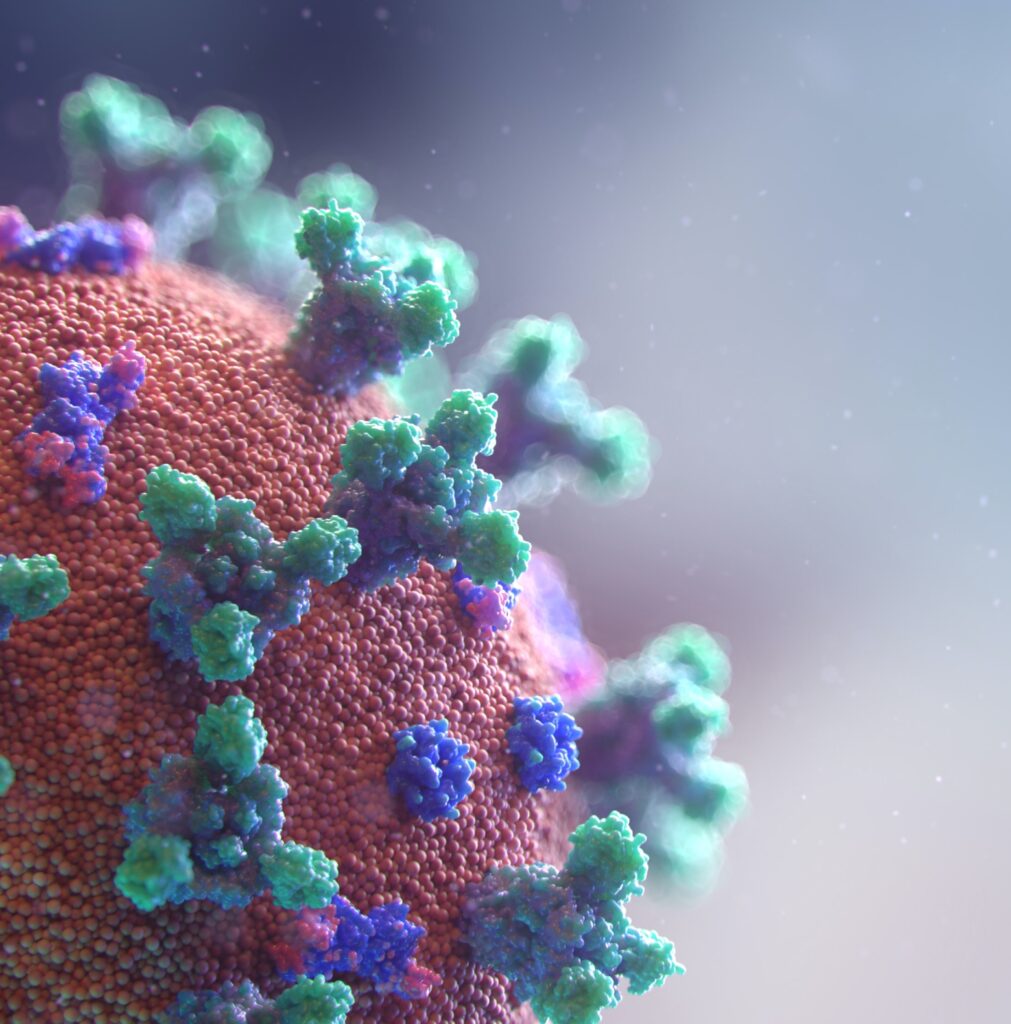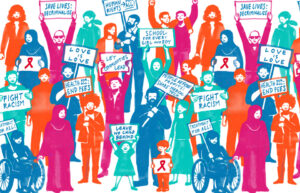
It has been more than a year since the initial outbreak of the COVID-19 virus in the United States. As we learn more about the virus and its variants, many of us continue to have questions and concerns about the risk of infection among people with HIV.
While scientists are still learning about how COVID-19 and the Delta variant affects people with HIV, the CDC notes that those at higher risk for severe illness from the COVID-19 virus include individuals with an immunocompromised state. To help protect yourself, the Centers for Disease Control and Prevention (CDC) advises that you:
–Get vaccinated. Interim Guidance for COVID-19 and Persons with HIV recommends vaccines for all individuals with HIV, regardless of their CD4 or viral load. The benefits of being vaccinated outweigh the potential risk. The CDC also recommends booster shots for people with underlying medical conditions, including HIV.
–Take preventive actions to help reduce exposure and spread of COVID-19. Wear a mask in public, wash your hands often, and monitor your daily health— checking for symptoms such as fever, cough and shortness of breath.
–Ensure you have a 30 to 90-day supply of your HIV medicine and other necessary supplies for managing HIV. It is critical for those on HIV medicine to continue treatment.
–Establish a plan for remote care. Telemedicine may be available to you or you can ask your provider about how to reach them via phone or text.
–Maintain a remote social network. Staying connected with friends and family is important for your physical and mental health.
–Continue a healthy lifestyle by getting 8+ hours of sleep, eating right, and reducing stress. Contact your provider if you do experience COVID-19 symptoms.
CDC Resources
- CDC.gov/coronavirus —Latest public health and safety information on COVID-19.
- COVID-19 and HIV—CDC resources on COVID-19 for people at risk for and with HIV.
- COVID-19: What to Know About HIV and COVID-19—Frequently asked questions (FAQs) about the impact of COVID-19 on people with HIV.
Leave a comment
Click here to fill out our contact form with your comment or question.
